White calla lilies are bursting with meaning: since Victorian times they have represented purity and devotion, to Christians they symbolize rebirth and assist in celebrating Easter, and in Russia they are a death flower shrouded in misery. For myself, I’m choosing to have them serve as a symbol of friendship because of crossing paths with Urara (the “U” in Japanese is pronounced “Ooh”) and Alma.
For context, Urara and Alma met as eighth-graders in the 2006 Aspen to Shimukappu exchange. Fourteen years later they were married in the same year with both of them choosing calla lilies for their wedding bouquets. It wasn’t luck but rather their friendship that inspired them to choose the flowers. Their friendship means they have a kindred spirit halfway around the world, and a mirror for better understanding the forces that shape them and the assumptions they hold.
Alma vividly recalls when they first saw each other. She was navigating her nervousness on stage as she introduced herself to a mass of townspeople in the Shimukappu community hall. The moment she said, “I’m Alma,” she heard a seemingly involuntary shout of glee, and there was Urara jumping up and down while clapping excitedly. In Alma’s words: “It just felt so good.”
To be clear, these two have spent a total of approximately twenty days (two ten-day exchanges) as middle schoolers and one lunch together in person as adults. Understandably, you might question the significance of their relationship given the limited time in person. But I encourage you to suspend your skepticism and explore all we can learn about how friendships affect us.
Their humorous dynamic was set from the first drive home in Shimukappu when Alma tried to get in the driver’s seat, and Urara’s whole family cracked up at the idea of her driving them home. Throughout decades of knowing each other, laughter has been crucial in jumping over the language barrier.
A couple of months later, in Aspen, Urara’s arrival was also inaugurated with laughter at the car. First, there was wonder at the size of the minivan, and then the door slid back to reveal the family’s large, black retriever. There likely was some fear, but the primary emotion was surprise, and the result was the perfect ice-breaking hilarity.
Dogsledding in Snowmass was a peak experience for both of them in the Roaring Fork. They cuddled with the puppies and screamed in joy as the sled bounced through the forest. They’ve only seen each other once since then, for a quick ramen date as Alma was flying through Tokyo with her now husband, but their connection has remained potently present. There are dreams of the next generation joining a similar exchange, and there is the awareness of each other that bubbles up, sometimes daily.
Urara and Alma overflow with appreciation for growing up in the era of social media and being able to stay in touch through Facebook and now Instagram. The platforms made it possible to communicate with emojis before services like Google Translate made it easy to have a conversation. But there’s more than a feel-good story made possible by social media and translation tools.
These two felt a connection as eighth-graders and have pursued it. They think of each other in their distant lives in Tokyo and Aspen and experience the parallel nature of their daily and larger life journeys. Since the day they met, there has been chemistry and a connection based on shared experience. This is paired with respect for how different their languages and cultures are and the fact that to interact they need to focus on their common ground.
Friends are those people, the community, that we choose to shape us into who we want to be. Each of us has our own culture that results from our family, friends, and the places we’ve called home. On a hot afternoon this October, the Aspen exchange students broke a local taboo by eating ice cream in town while walking around. Until then, I didn’t know that was disrespectful in Japanese culture. A colleague and friend brought it to my attention, and I immediately felt the respect that stopping to eat entails for the ice cream and everyone who helped me to eat it—farmers, truck drivers, and the shop owner. Being open to learning about this was made possible by having my friend and appreciating them as someone I want to learn from and be affected by.
Sometimes I become desensitized to the fact that my friends from my hometown come from different cultures than me. I feel lucky that my friends in other countries remind me to savor these differences when abroad and also with people I have known since childhood.
It pulls Alma’s heartstrings when she recalls sobbing alongside Urara while saying bye on the final day of the Shimukappu exchange. She was holding the other end of Urara’s streamer with “her sweaty, little hands” as the bus drove away. Both of them cherish the connection they have, and they inspire me to seek out the significance of friendships in my life.
Timbah Bell is an English teacher in Shimukappu, Japan, where he works as part of a longstanding partnership with Aspen Sister Cities. You can find this column read aloud and photos from his adventure so far on Instagram @beauty_noted; email him at timbah.bell@gmail.com.
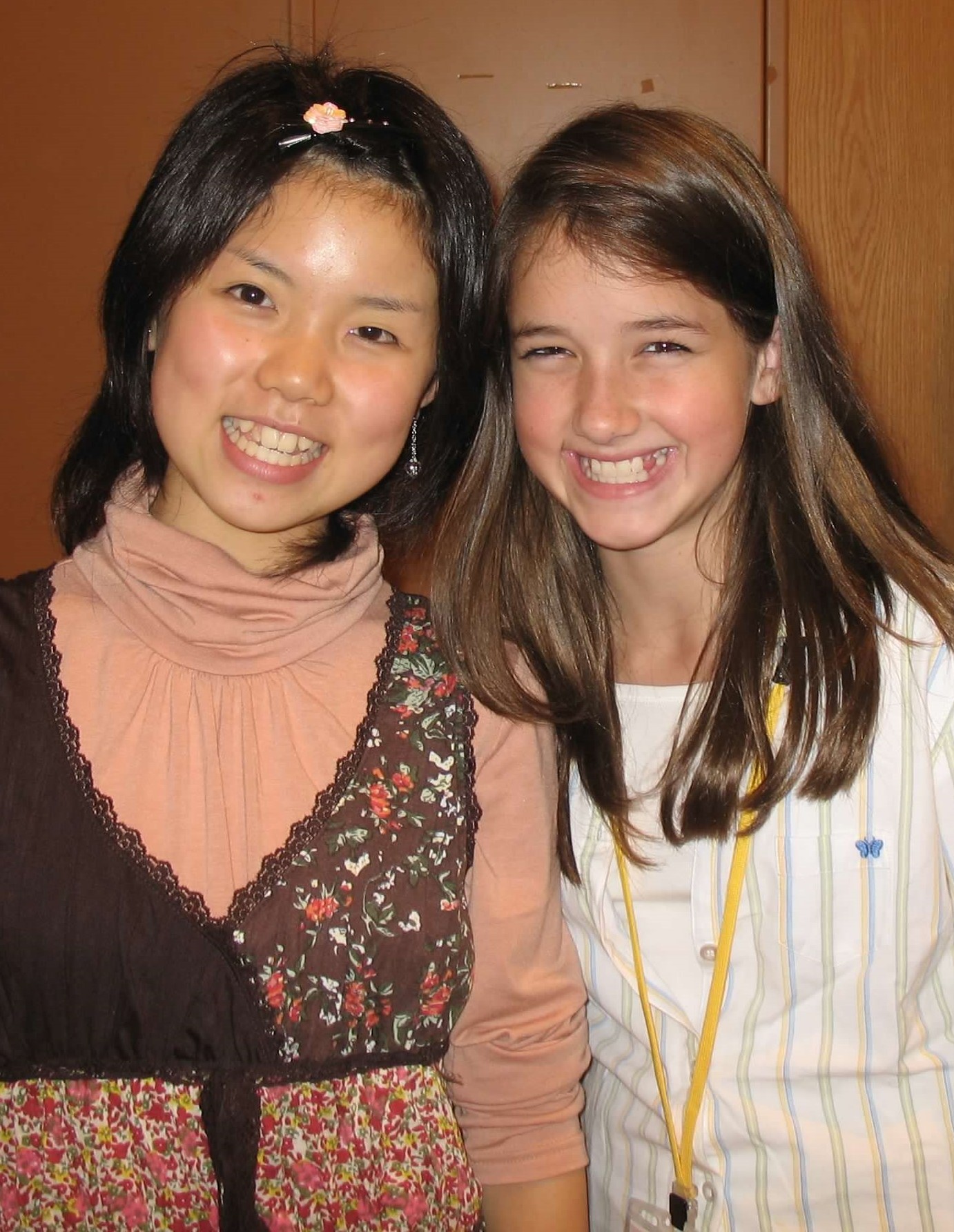
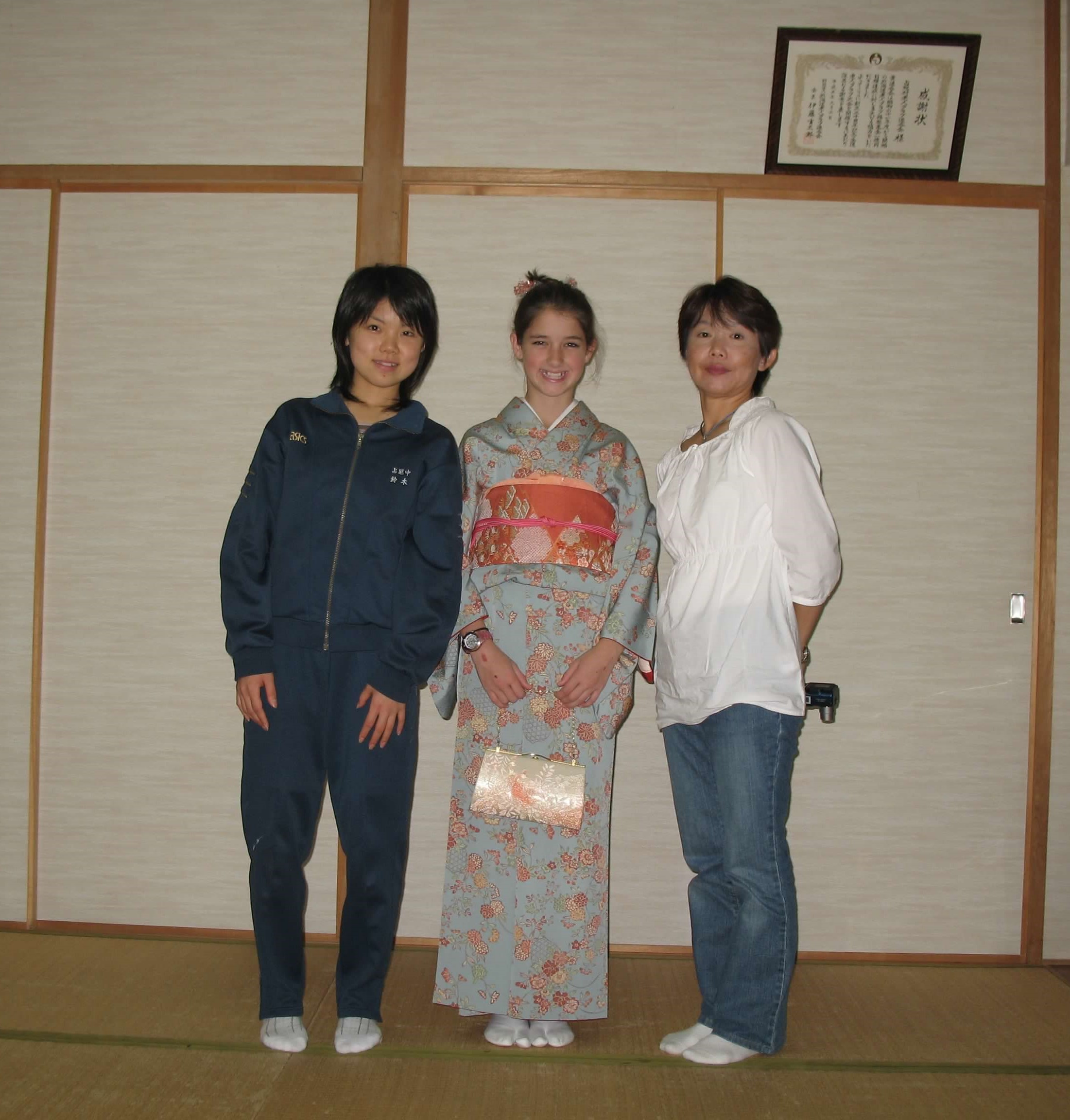
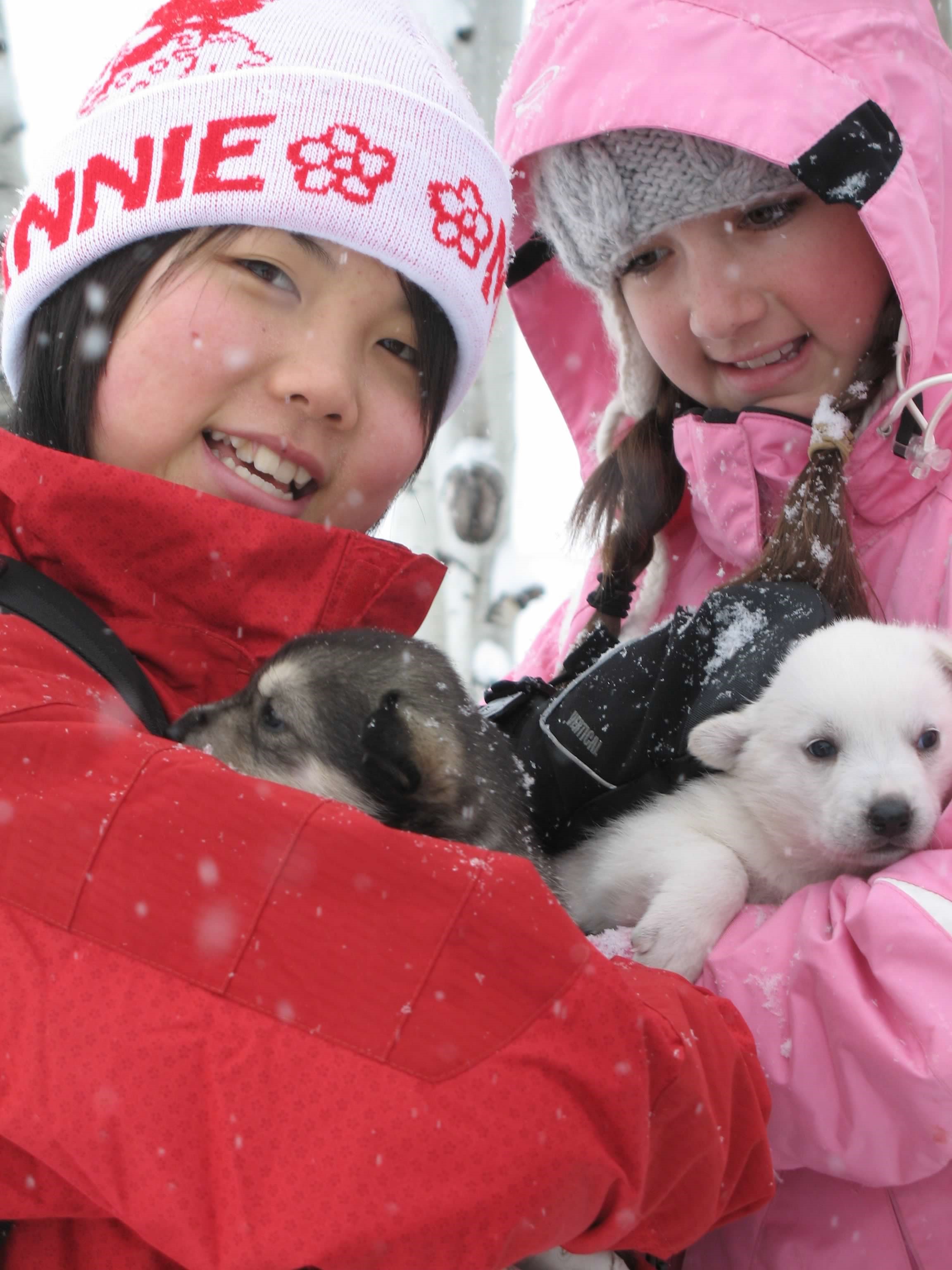
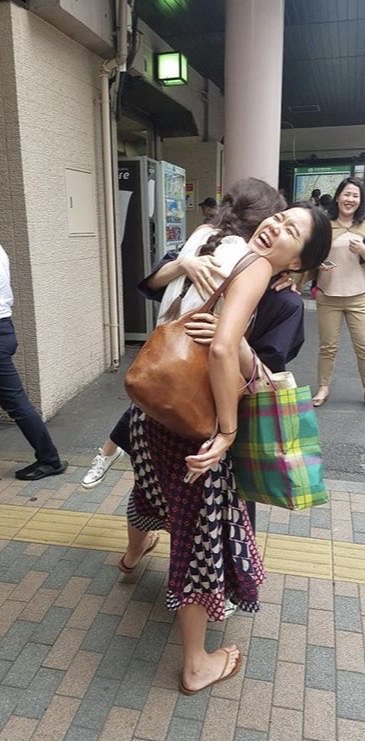
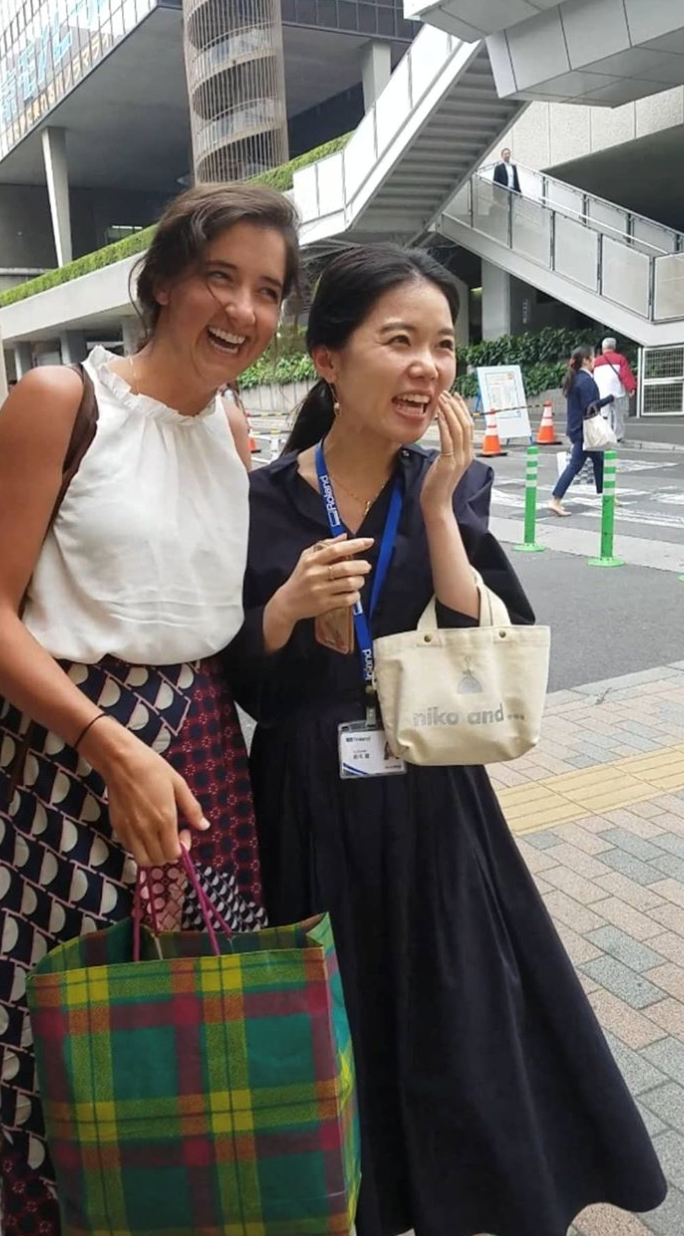
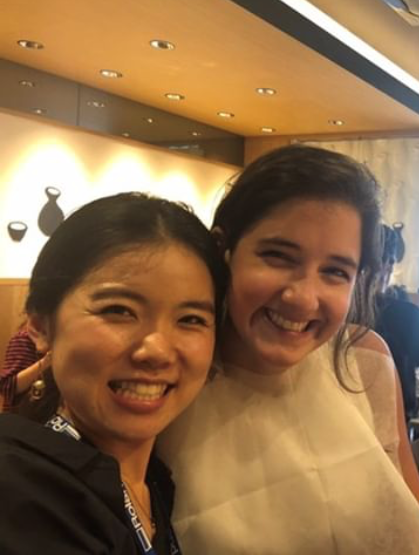
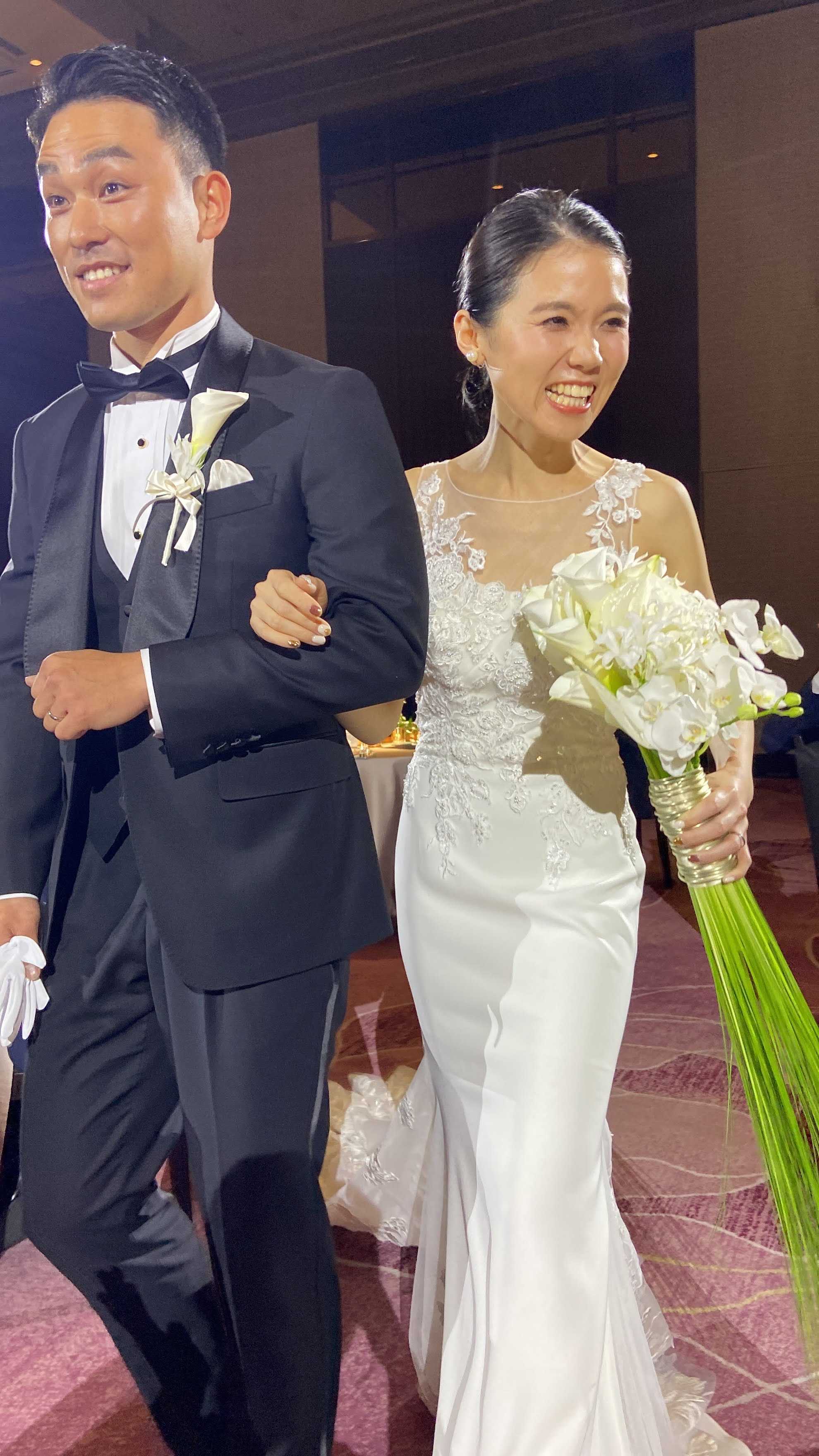

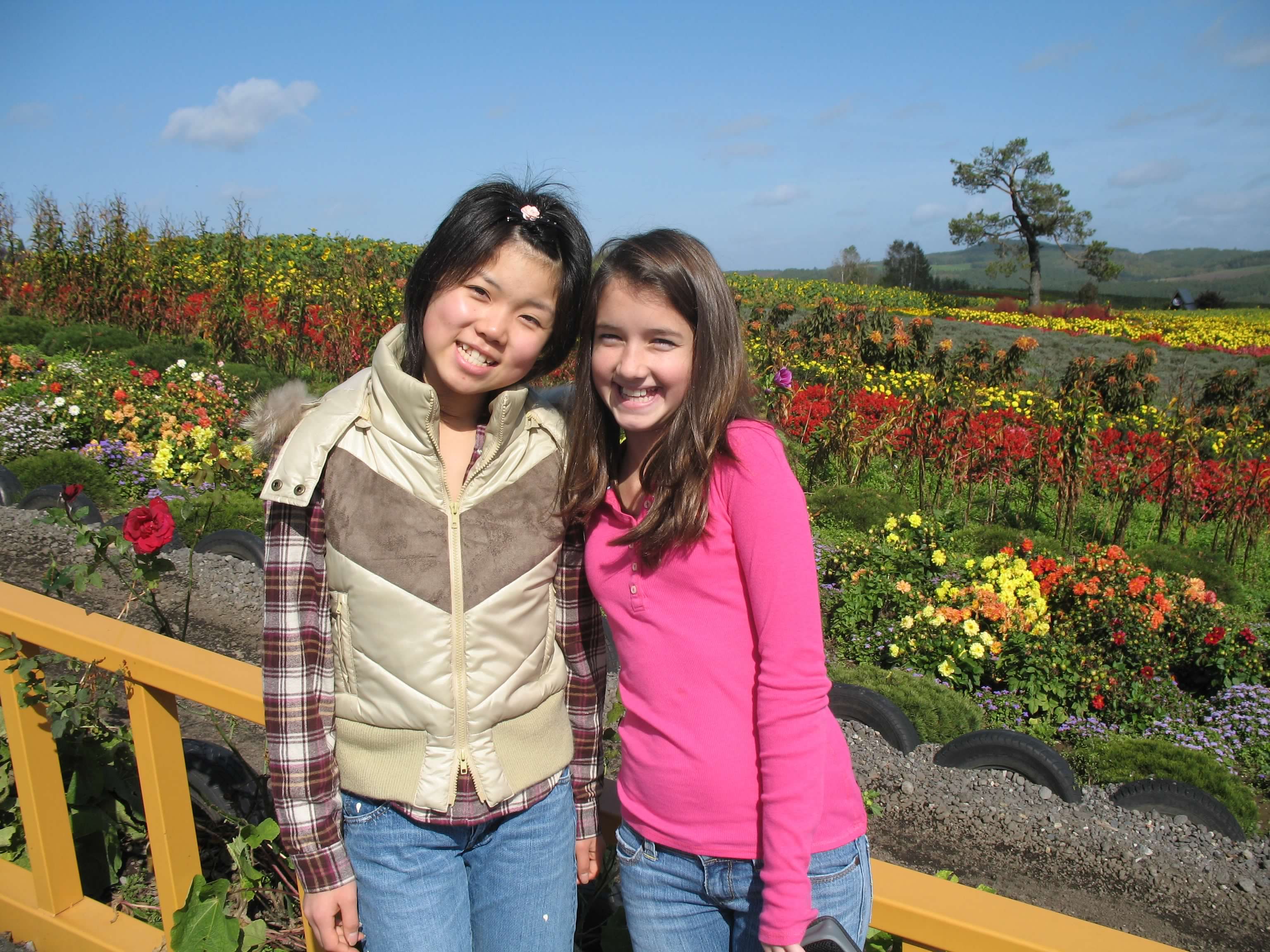


Comments are closed.